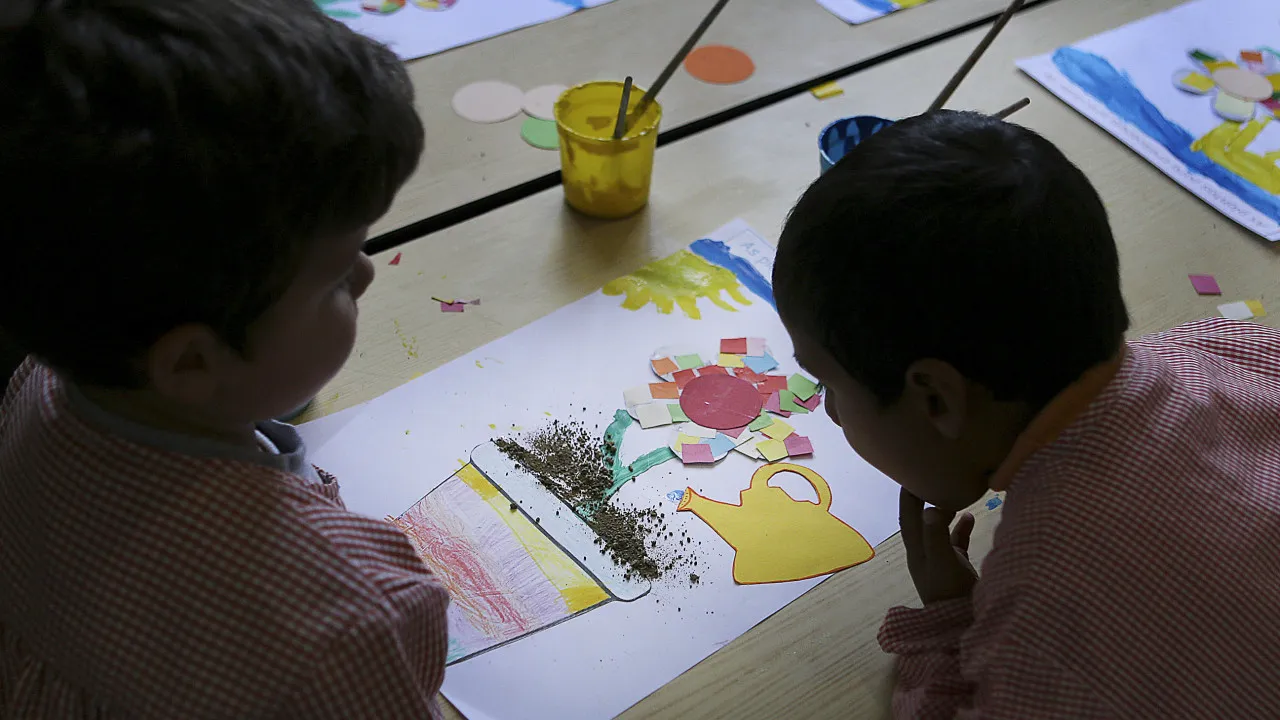
Jenny ReesHealth correspondent, BBC Wales NewsPA MediaDoctors say that patients are at greater risk of developing pressure sores if left on chairs and trolleys Nurses and doctors in Wales have issued a joint petition calling on the Welsh government to end the “dehumanising” treatment of patients in hospital corridors.Two unions representing NHS staff want the public to sign and support the call as they feel it has become normalised for people to be tratados em “ambientes indignos” onde eles correm risco de danos significativos. Um médico falou de pacientes sendo tratados a 50 cm um do outro, como são as condições apertadas nos departamentos de emergência. O governo galês foi convidado a comentar. “Sentado em uma cadeira ou por um corredor, que não é um pouco de renúncia. que faz parte do comitê de consultores galeses da British Medical Association (BMA). As pressões em hospitais aumentaram dramaticamente após a pandemia, com uma demanda crescente de serviços e dificuldade crescente de atormentar com segurança os pacientes devido à escassez de atendimento social. TELHA FLUE DE AMBMANCENCILOS AMBRANCIMENTOS. (RCN) Wales include:Patients with severe bone injuries sitting in chairs for up to 72 hoursPatients discharging themselves against medical advice as they cannot stand to stay in a chair any longer Pressure sores or damage because of the time spent in chairs or in an ambulanceA lack of access to water, food and toilets, particularly for the frailPatients never go home because they deteriorate so much during “corridor care”Patients wearing cardiac monitors regularly having seizures in chairs”Not uncommon” for patients to collapse and die in the waiting room Helen Whyley of the Royal College of Nursing Wales said treating patients in corridors was “not nursing – it is crisis management in a system that is failing”Dr Leopold said conversations and symptom discussions were much harder if patients cannot fully be examined or are nervous in a more public setting, compromising care and potentially leading to “overtreatment” as a safety net.As Um médico especializado em cuidados com os idosos, ela disse que “adultos mais velhos frágeis” muitas vezes não se recuperaram de adoecer no hospital. As pessoas não conseguem permanecer móveis enquanto ficarem presas na A&E também podem levar a “consequências secundárias”. in March there were more than 1,300 patients in Wales who were medically well enough to be discharged but had to stay in hospital – mostly due to assessment issues or care home placement arrangements.Wales has seen a fall in the total number of hospital beds in recent decades, in line with a longer term strategy to provide care closer to home by increasing community and GP services.Dr Nicky Leopold said it can be particularly distressing seeing frail patients experience delirium when being cared for in corridorsThe BMA and RCN want the Welsh government to take urgent action to:Make it a “never event” that patients receive care in a chair longer than 24 hours, meaning these occasions have to be recorded and reportedPause further cuts in hospital bedsInvest in community based care such as district nurses and general practicePrioritise prevention and early intervention to ease pressure on A&EHelen Whyley, executive director of RCN Wales said: “We are beyond breaking Point. “Eu viajei pelo País de Gales e testemunhei pessoas com dor, confusa e assustada, sem privacidade, sem dignidade e nenhum ambiente de cuidados adequados.” Stephen Kelly, presidente do comitê de consultores galeses da BMA, disse que os pacientes também estão extremamente preocupados que os que estão de acordo com os pacientes que estão em termos mais importantes de que os pacientes também estão de acordo com os pacientes que os pacientes são mais importantes. experience delirium, where there is a sudden change in brain function, which can be distressing for patients and their loved ones.In cases such as this, having quiet space, getting out of bed and having food “all helps” but “we know we’re making that worse” for people who are hallucinating while stuck in corridors with the lights on and constant noise around them.”I find that particularly distressing when you know there are little things that could be done an awful lot better, but there’s no facility to do “O Dr. Leopold acrescentou. Ela também disse que causou” lesão moral “a muitos funcionários que temem que as queixas feitas aos órgãos governantes apontassem o dedo para médicos e enfermeiros, em vez de problemas com o sistema. Ela acrescentou:” Porque quem você é – mesmo quando você é a pessoa mais importante da sua organização, não pode influenciar o que está acontecendo no cuidado social, por exemplo. Assim como o cuidado social não pode influenciar o que está acontecendo na assistência médica “.
Compartilhar para:







